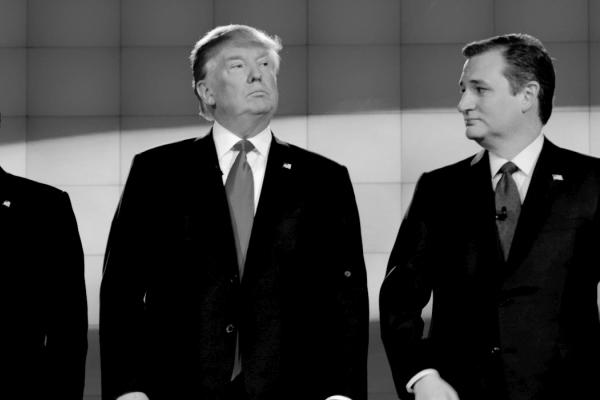Feb 25, 2016
When the media says “evangelicals” they really mean “white evangelicals” and virtually never measure the opinions and voting practices of black, brown, or even young evangelicals. In fact, they don’t even ask religious identity questions of Democratic primary voters where many of the black, brown, and young evangelicals may be voting. It is older white evangelicals who are mostly voting in the Republican primaries and now are increasingly supporting Donald Trump. “What?” is indeed the right question.
Read the Full Article

Already a subscriber? Login
